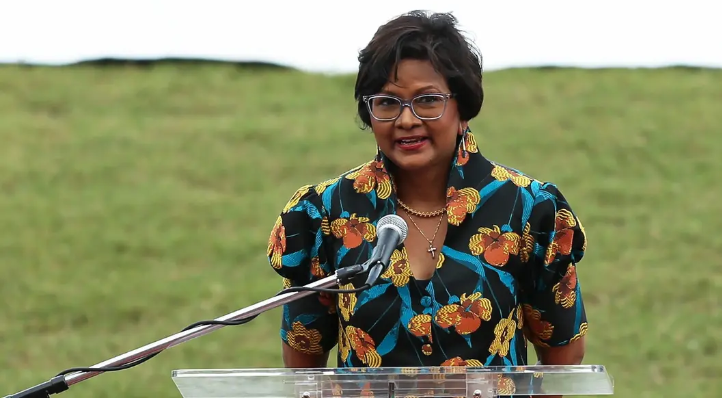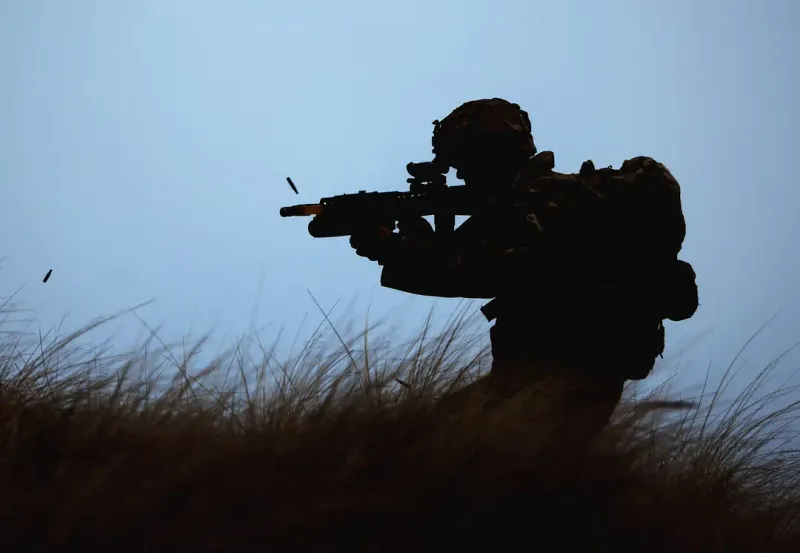Trinidad and Tobago Declares Emergency as Murder Rate Hits Record High
Trinidad and Tobago (T&T) Pres. Christine Carla Kangaloo declared a state of emergency on Monday following an unprecedented surge in violence, with a record 623 murders recorded in 2024 among a population of 1.5M people.
Facts
- Trinidad and Tobago (T&T) Pres. Christine Carla Kangaloo declared a state of emergency on Monday following an unprecedented surge in violence, with a record 623 murders recorded in 2024 among a population of 1.5M people.[1][2]
- The declaration grants police and military enhanced powers, including detaining individuals without charge for 48 hours and conducting warrantless searches of properties and people. Detentions can be extended by seven days with proper authorization.[3][4]
- The latest violence saw five men shot dead in a shop in the Laventille area in what authorities believe was retaliation for the murder of a prominent gang member the day before.[5][6]
- According to police estimates, approximately 42.6% of the country's killings are gang-related, with most connected to organized crime and international drug trafficking.[2][6]
- According to the US State Department, T&T's proximity to Venezuela and direct transportation routes to Europe and North America make it a strategic location for "narcotics trans-shipment."[6]
- This comes as the Caribbean island nation prepares for a general election, which must be held by August 2025.[4][6]
Sources: [1]Al Arabiya, [2]The Guardian, [3]Daily Mail, [4]Trinidad Guardian, [5]St. Lucia Times and [6]BBC News.
Narratives
- Pro-establishment narrative, as provided by Travel and IACHR. T&T faces a dire situation with violent crime, predominantly driven by drug trafficking-linked gang activities. This has led to not only murders but countless assaults and kidnappings, making areas like Laventille and Beetham no-go zones. The prevalence of sexual and gender-based violence also underscores the urgent need for comprehensive action to protect citizens, particularly women, from both gang and domestic violence.
- Establishment-critical narrative, as provided by AAIHS and Sapph Society. T&T's violence and inequality stem from the European legacy of colonialism. Indentured labor and racial hierarchies set the stage for enduring economic disparities and social divisions, leading to a much-needed 1970 Black Power Revolution. Despite efforts to bring justice to the once colonized people, the island's social and economic systems are still plagued by Europeans' colonial past. Such devastation will continue until the root causes are dealt with.
- Narrative C, as provided by Third World Quarterly and NAS. Despite claims from both radical anti-colonialists and centrists, ineffective approaches to decolonization have worsened conditions in many former colonies. Unlike colonial times when basic infrastructure and governance were at least established, such as police forces, today's Western powers don't colonize but rather simply destabilize nations without building institutions. While controversial to say, many island nations are worse off than under colonial or pre-colonial conditions.







